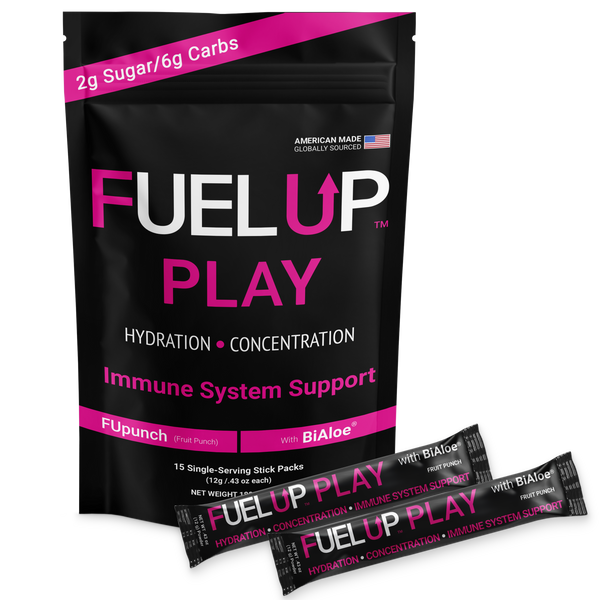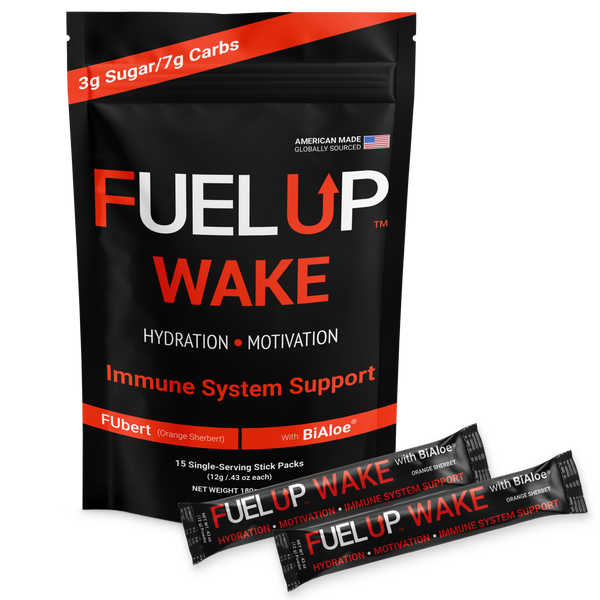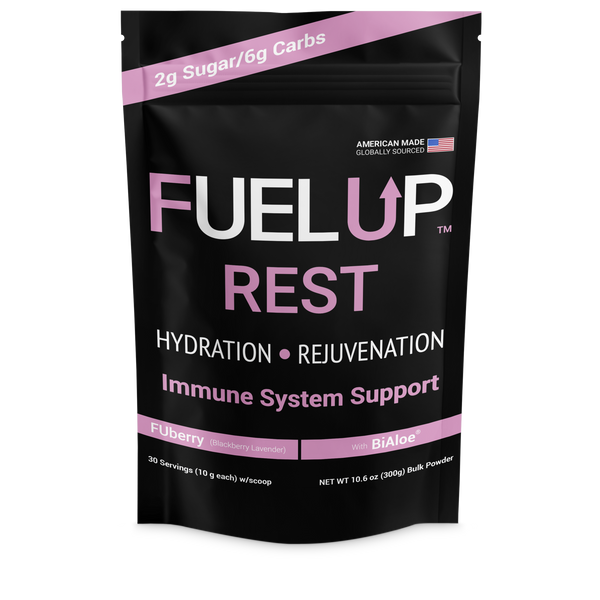Have you ever felt unexpectedly tired, foggy-headed, or weak in the middle of your busy day? It might not just be yesterday’s late-night binge-watching session or a tough workout—the real culprit may be dehydration. Hydration goes beyond simply drinking water; it’s a fundamental aspect of physical and mental wellness. Even slight dehydration can derail your mind and body’s optimal performance.
Let’s dive into the tell-tale signs of dehydration, understand how it impacts your overall well-being, and explore actionable ways to stay hydrated.
Recognizing the Subtle Symptoms of Dehydration
Dehydration isn’t just about feeling thirsty. In fact, by the time you feel parched, your body is already signaling that its fluid levels are low. Here are some early warning signs you might overlook:
-
Fatigue and Energy Drain: Water is essential for delivering nutrients and oxygen to your cells. A lack of fluids can leave cells sluggish, leaving you drained of energy—even without a demanding workout.
-
Brain Fog and Poor Focus: Your brain is around 75% water. When dehydration sets in, cognitive abilities like memory, focus, and decision-making can decline. Ever forget where you placed your keys after a day in the sun? Dehydration may be to blame.
-
Mood Swings and Irritability: Studies suggest that even mild dehydration can elevate stress hormones, affecting your mood and increasing irritability.
-
Muscle Cramps: If you’ve experienced that nighttime leg cramp, it’s not just a bad dream, it’s your muscles signaling an imbalance in water and electrolytes essential for contraction and relaxation.
-
Dull Skin and Dry Lips: Your skin needs water to stay supple. Dehydration can lead to dry, less elastic skin and those chapped lips many of us consider a sign of weather changes.
What Happens Inside the Body?
Dehydration doesn’t just make you feel off—it affects nearly every system of your body:
-
Cardiovascular System: Your blood becomes thicker as fluid levels drop, making it harder for your heart to pump. This can lead to an increase in heart rate during both physical activity and rest, putting unnecessary strain on your heart.
-
Digestive System: Water is critical for healthy digestion, as it helps break down food and absorb nutrients. Insufficient hydration can lead to constipation and bloating.
-
Kidneys and Detoxification: Your kidneys depend on water to flush out toxins. Without enough fluids, they can’t efficiently filter waste, which can harm overall bodily functions long-term.
How Much Water Do You Really Need?
The 8-glasses-a-day myth is a starting point, but hydration isn’t one size fits all. Here’s what to factor in:
-
Activity Levels: More sweat equals more water loss, meaning active lifestyles demand higher fluid intake.
-
Environment: If you’re in a hot or dry climate, you lose fluids faster than in cooler settings.
-
Diet: People with high-protein or high-fiber diets may need more water to aid digestion and nutrient absorption.
-
Body Weight: Larger bodies need more water to maintain optimal hydration for all systems.
A good baseline? Aim for half your body weight in ounces of water daily, adjusting based on your unique activity levels and needs.
Simple Ways to Stay Hydrated
Hydration doesn’t have to feel like a chore! Build the following tips into your day to make consistent hydration a habit:
-
Start Early: Kick off your morning with a glass of water to replenish fluids lost during sleep.
-
Sip Often: Keep a water bottle accessible at all times—especially during exercise or outdoor activities.
-
Include Hydrating Foods: Fruits and vegetables like watermelon, cucumber, and oranges are water-dense while also offering essential vitamins and minerals.
-
Supplement Where Needed: Adding a hydration mix during intense workouts or when recovering from a long day can help restore electrolytes efficiently.
-
Listen to Your Body: Thirst isn’t the only sign—look out for the early symptoms of dehydration and take immediate action!
Want to Do Hydration Right?
Proper hydration is the silent champion of long-term wellness. It refreshes your body, energizes your mind, and supports your organs in performing their best. For those wanting to go a step beyond water, let science back you up: Hydration solutions with a precise balance of electrolytes and nutrients can help restore your fluid levels effectively and set you up for optimal performance.
Consider Fuel Up Hydration as an easy, reliable way to complement your hydration strategy—whether it’s after a workout or in the middle of a busy day. Supporting your body’s needs at the cellular level, it’s a smarter, more efficient path to staying hydrated, performing well, and feeling great. Cheers to your hydrated, healthier self!
This blog follows compliance guidelines by focusing on science-based, non-misleading information while remaining approachable and actionable. Let me know if further adjustments are needed!





